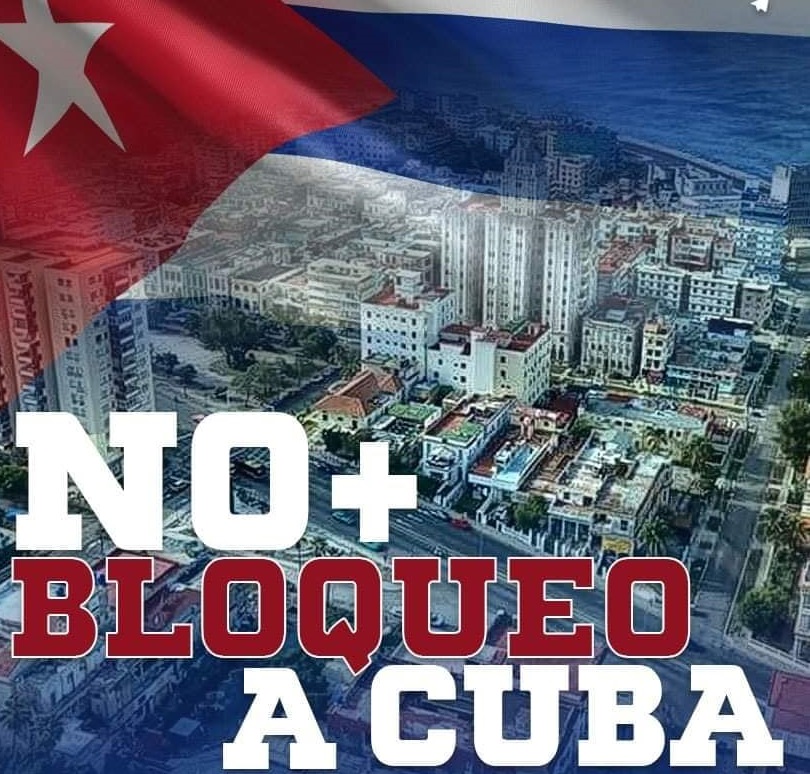
Havana, September 29. - Cuban Prime Minister Manuel Marrero today thanked the countries and voices of solidarity that demanded an end to the blockade during the 80th session of the United Nations General Assembly.
“All our gratitude to those who raised their voices at #UNGA80 to demand the end of the blockade and the removal of #Cuba from the infamous list of States that supposedly sponsor terrorism,” the head of government wrote on his official social media account.
Amid the intensification of unilateral sanctions, the Prime Minister emphasized that solidarity is multiplying.
Speaking at the High-Level Segment of the 80th session of the UN General Assembly, Cuban Foreign Minister Bruno Rodríguez reaffirmed that the Caribbean country is a nation of peace.
Despite all the harm that the United States has caused and continues to cause, we have always been willing to engage in dialogue without conditions and to try to move toward a respectful and civilized relationship with that country, without subordination or limits on our sovereign prerogatives, he emphasized.
The Minister of Foreign Affairs explained to the plenary that the blockade against his country persists and is becoming extremely harsh.
"This is a truly comprehensive and prolonged economic war, aimed at depriving Cubans of their livelihoods and sustainability, of their existence as a supportive, cultured, and joyful people," he added.
He stated that the aggression has escalated to unprecedented levels in the last eight years, including actions of persecution and economic pressure on third parties, the States you represent, actions that are increasingly sophisticated, surgical, and extraterritorial.
It causes multiple and extraordinary impediments to productive, commercial, and financial activity, and to the services and policies that guarantee social justice and life itself, he added.
He mentioned that Cuba is facing a serious situation of prolonged and daily power outages, difficulties in affording food, insufficient availability of medicines, a depressed public transportation system, limitations on community services, and pronounced inflation that depresses real incomes. (PL) (Photo: Taken from the Internet)